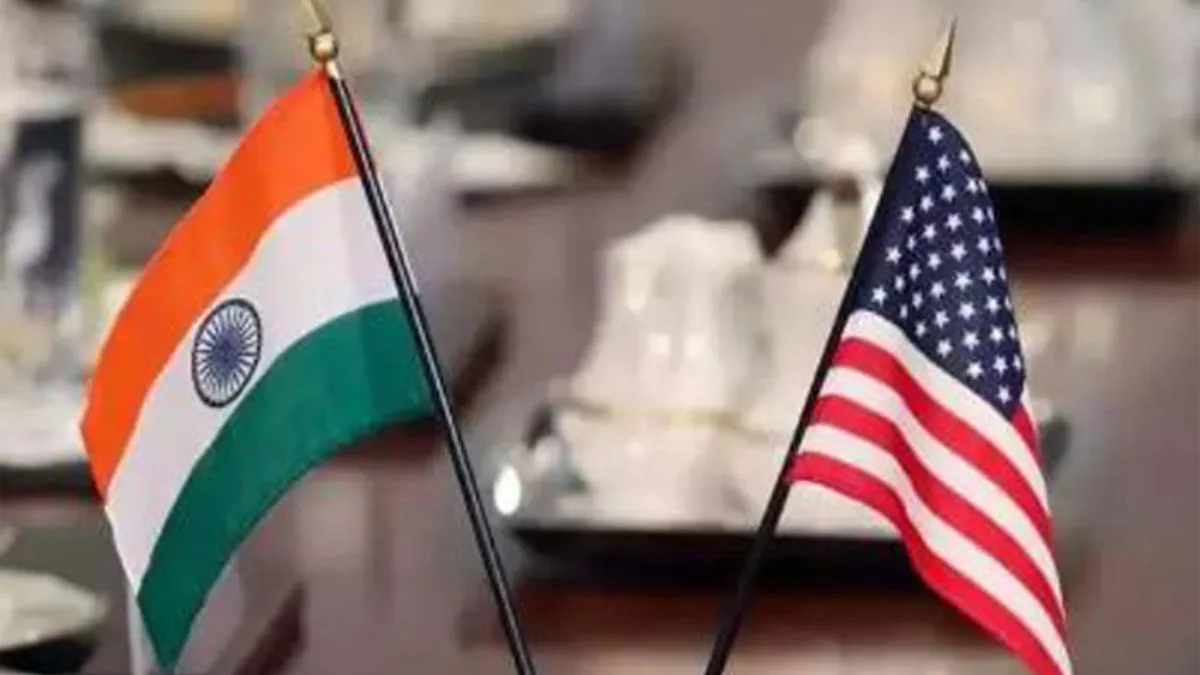In what comes as a significant development in the India-US trade talks, US Treasury Secretary Scott Bessent has suggested that India is expected to become the first country to sign a trade deal with the US. New Delhi looks to avoid US President Donald Trump's reciprocal tariffs by reaching a bilateral trade agreement with Washington. Bessent told reporters that India has non-tariff trade barriers with negligible currency manipulation, as he acknowledged that "reaching a deal with the Indians is much easier", New York Post reports.
The US earlier imposed a 26 per cent tariff on India, which remains on hold following Trump's authorisation of a 90-day halt in tariff imposition on the majority of countries, excluding China. However, India is currently subject to a 10 per cent tariff from the US.
Recently, a report by ACMIIL, a stock market company, highlighted that the upcoming India-US Bilateral Trade Agreement (BTA) is expected to become a model for India's future trade negotiations with other developed nations, ANI reports.
The report claims that the India-US deal will mark a significant change in India's trade strategy, as it aims to use trade as a tool to acquire advanced technologies, speed up industrial growth, and strengthen its position in the global economy.
As part of the Bilateral Trade Agreement with the US, India is likely to reduce tariffs on some American agricultural and food products, enhancing American exporters' access to the Indian market while providing Indian consumers with a wider range of food items.
India, in return, will benefit from importing advanced US technologies in critical areas like defence, clean energy, and high-end manufacturing. These sectors are crucial for India's long-term development goals as well as national security plans.
Meanwhile, India's economic outlook remains strong, with domestic consumption growing, supported by rising employment and better consumer confidence. Driven by government capital spending and tax reforms, private investment is also on the rise.

